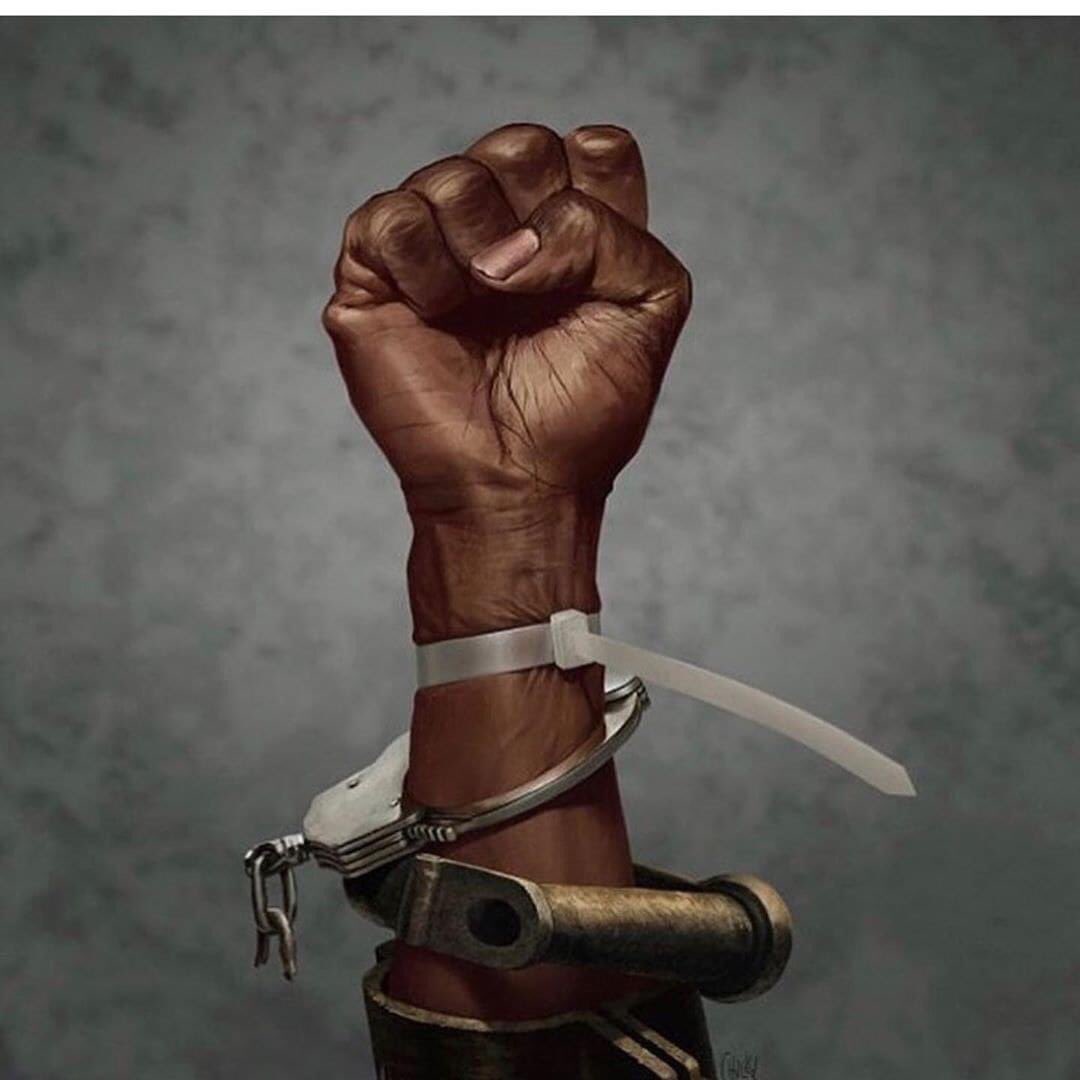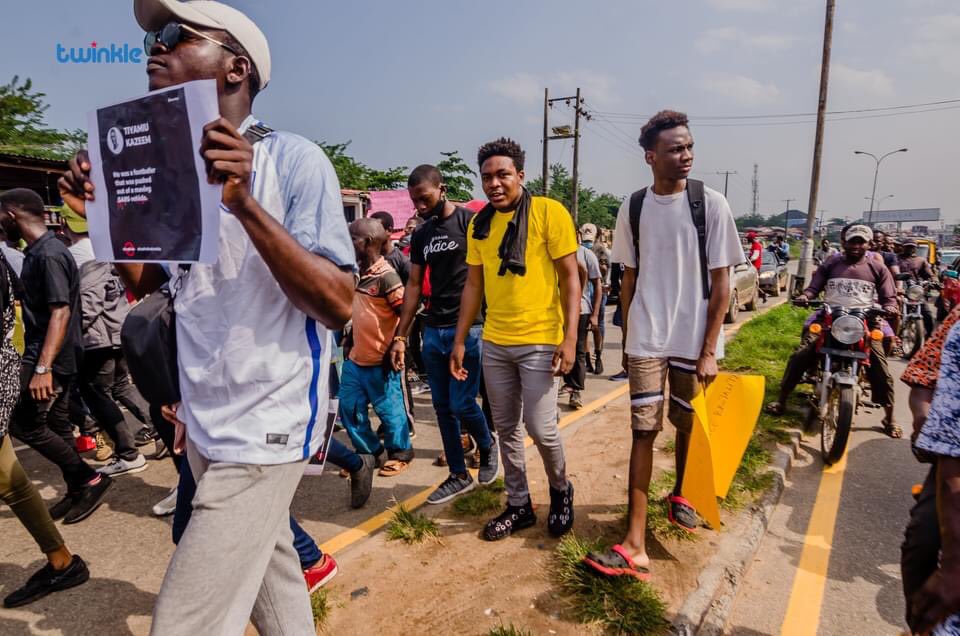RISING PRICES OF RICE IN NIGERIA
Full video:
@twinklefiles
Data from the National Bureau of Statistics (NBS) show that in 2015, Nigeria spent nearly $2.9bn in drink and food importation. By 2017 the figure had risen to $4.1bn.
Full video:
@twinklefiles
Data from the National Bureau of Statistics (NBS) show that in 2015, Nigeria spent nearly $2.9bn in drink and food importation. By 2017 the figure had risen to $4.1bn.
These figures are far from the $22bn the immediate past Minister of Agriculture, Audu Ogbe quoted in 2018 as the amount the country spends on importing food annually.
In November 2018, the United States Department of Agriculture (USDA) in its World Markets and Trade Report
In November 2018, the United States Department of Agriculture (USDA) in its World Markets and Trade Report
projected that Nigeria’s rice imports will rise 13 percent in 2019 to 3.4 million metric tonnes making it the world’s biggest rice importer after China.
Nigeria’s Minister of Information and Culture, Lai Mohammed says the projection is fake. According to him, “Nigeria has been
Nigeria’s Minister of Information and Culture, Lai Mohammed says the projection is fake. According to him, “Nigeria has been
able to reduce by 90 percent the $1.65bn it was paying on rice importation, the number of integrated rice processing mills increased from 13 to 25.”
Worried by the country’s dependence on food import, President Muhammadu Buhari on assumption of office in May 2015 directed
Worried by the country’s dependence on food import, President Muhammadu Buhari on assumption of office in May 2015 directed
the Central Bank of Nigeria to block food importers' requests for foreign currency. It was a policy directed at boosting local production of rice, yam, cassava sugar, palm oil, fish, beef and poultry.
If figures from the UN's Food and Agriculture Organization are considered,
If figures from the UN's Food and Agriculture Organization are considered,
rice production has increased from an annual average of 7.1 million tonnes between 2013 and 2017 to 8.9 million tonnes in 2018. This supports government’s position. However, the increase in production didnot stop rice smuggling into Nigeria,suggesting the country is yet to
reach self sufficiency in production.
To check the menacing activities of smugglers, the federal government in August this year partially closed Nigeria’s borders leading to increase in the prices of locally produced rice. As supply falls, price rises.
To check the menacing activities of smugglers, the federal government in August this year partially closed Nigeria’s borders leading to increase in the prices of locally produced rice. As supply falls, price rises.
On Wednesday 20 November 2019, Twinkle’s team visited Bodija Market, Ibadan to feel the pulses of rice sellers and buyers on the quality and prices of locally produced rice.
They spoke in the Yoruba language of Southwest Nigeria.
#rice
#price
#twinkle
They spoke in the Yoruba language of Southwest Nigeria.
#rice
#price
#twinkle
• • •
Missing some Tweet in this thread? You can try to
force a refresh




















